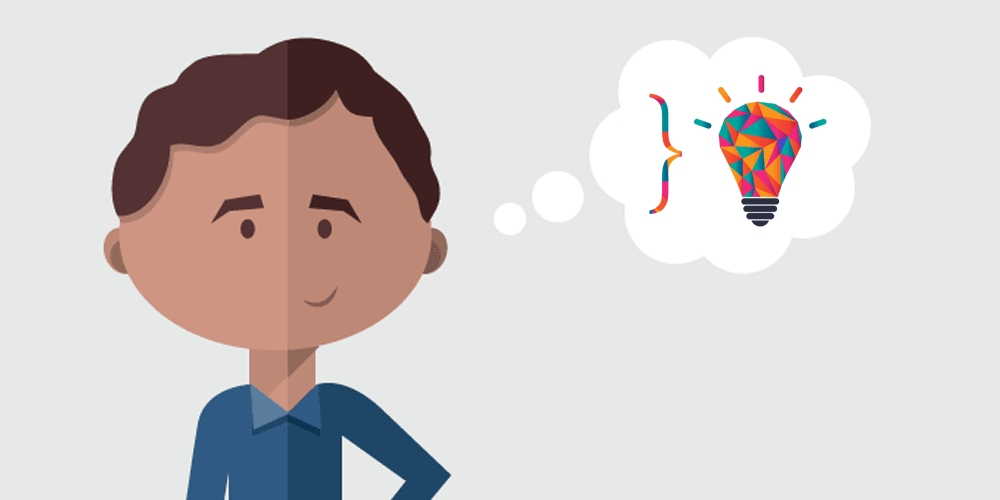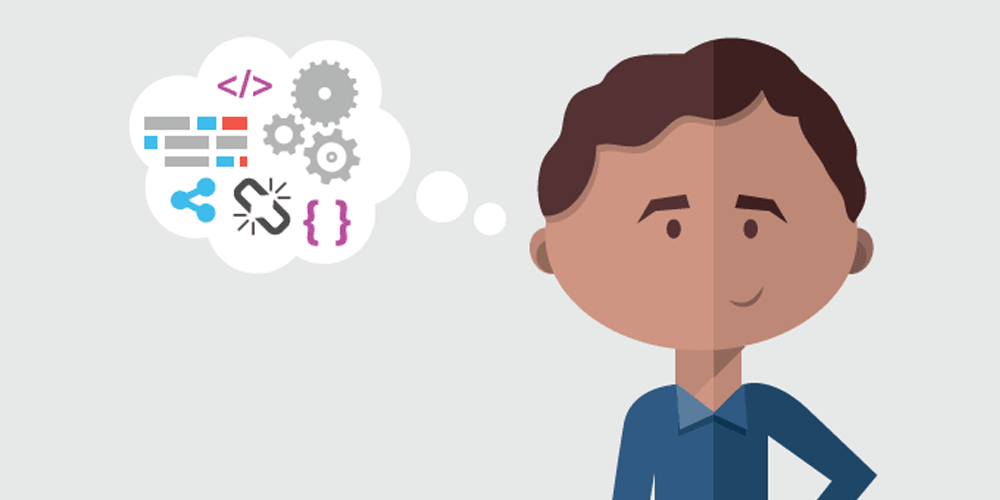Design and development are two different things. While development is all about things that are invisible to the ordinary users' eyes, design is all about the looks and feel, the appearance of something that is plainly visible.
Then comes the question: "Should a web designer learn how to code?"
To code or not to code, the question remains a topic of debate with strongly opinionated advocates on both sides.
Over the years, the are plenty of web articles and blog posts written to teach web designers how to use HTML, CSS, JavaScript and programming languages properly. Some of the articles have gone far enough, even to say that if designers don't learn how to code, they can't become a true web designer.
While that isn't necessarily true, but it would certainly be valuable and beneficial for a designer to have the knowledge to code if they want to create a website. There’s definitely some good reasons for why designers should at least consider it.
However, it's not mandatory, and the skill isn't required for a designer to be successful in the art of web design.
Why You Should Not Learn How To Code

First of all, the internet has come a long way, and so has web design. On the modern age of web development and design, there are already several specialized roles for doing certain jobs that weren't available before.
What this means, it's no longer one designer's job to create a full development stack on their own.
The internet is full of resources, and among them are tutorials and tools. Web designers can learn and opt to use the tools to aid them in their coding activity.
With the right tools, a designer doesn't need to know how to code to build a beautiful, functional, and responsive website. Because most designers simply don't want to code because of something called "specialization", the tools that are user-friendly and convenient can help them in creating much more than static wireframes and mockups.
With tools at their disposal, designers can easily create live websites using simple drag-and drop-principles. What's more, they're not limited at all in terms of functionality.
But the argument against learning how to code goes beyond merely having the right tools: It’s also a matter of facing the emotional facts: designers are designers, and developers are developers. They aren't the same thing.
Oil and water, simply don't mix. Web design and web development are two similar beings but speak different languages.
After all, design trends are constantly changing and new techniques are introduced every time. So to stay at the top, there are more than enough materials to keep designers busy as designers, let alone learning how to also become developers.
Coding has a steep learning curve. While designers can easily put HTML and CSS together and make them work as a website, but for most people, coding is a professional work on its own.
For as many trends and competing best practices there are in the designer community, there are much more than that in the developer community. And understanding coding from a technical perspective, developing is much harder than designing.
Why You Should Learn How To Code

The market is changing rapidly. And for that reason, it demands people with multiple skills. More than ever, companies are searching for designers that understand HTML, CSS and JavaScript. But not limited to that, they also seek those that have coding skills.
Understanding how to code means that designers can develop their own website by understanding what builts a website from ground to top. They can "speak" developers' language, enabling them to approach a design with ease, saving time and prevent unnecessary reworks.
This is because design ideas and developers approach often have conflicting considerations.
So when designers have the basic understanding of development, they can become better designers because they know how the development process works, why certain programming languages are used, and how they should restrict or expand their ability to design their intentions.
When designers have a better sense of what's technically realistic before they start designing, they will be less likely to waste time and more likely to focus their energy focusing on the parts of the site that might have otherwise overlooked.
They can optimize the elements properly, such as considering how their design should be made in terms of website loading time, code complexity and code maintenance.
And because they are backed up with technical skills, they have legitimate reasons to conclude something, rather than being based on personal conclusions. This is turn will make designers more valuable in the eyes of the company/client that hires them.
Conclusion

The term web designer has somewhat become ambiguous in the web media field. Originally, the term was focused solely on the creative side of website development.
A designer was strictly responsible for the layout, fonts, colors, images, and overall branding of a website. Their role was to define needs or requirements for a website, and then bring that to life in a visual representation.
Either web designer and web developer can create a website on their own. However, it's definitely an advantage and an added bonus for any designers that want to learn how to code. Overall, coding skills could potentially make a designer a much better designer.
With coding skills, a designer has the understanding of how to construct, develop and produce something that is better for a website, that are otherwise neglected.
So do web designers need to learn how to code? The answer is no. But if they want to learn to code, it's an added plus.
Further reading: Uncovering Web Design And Web Development